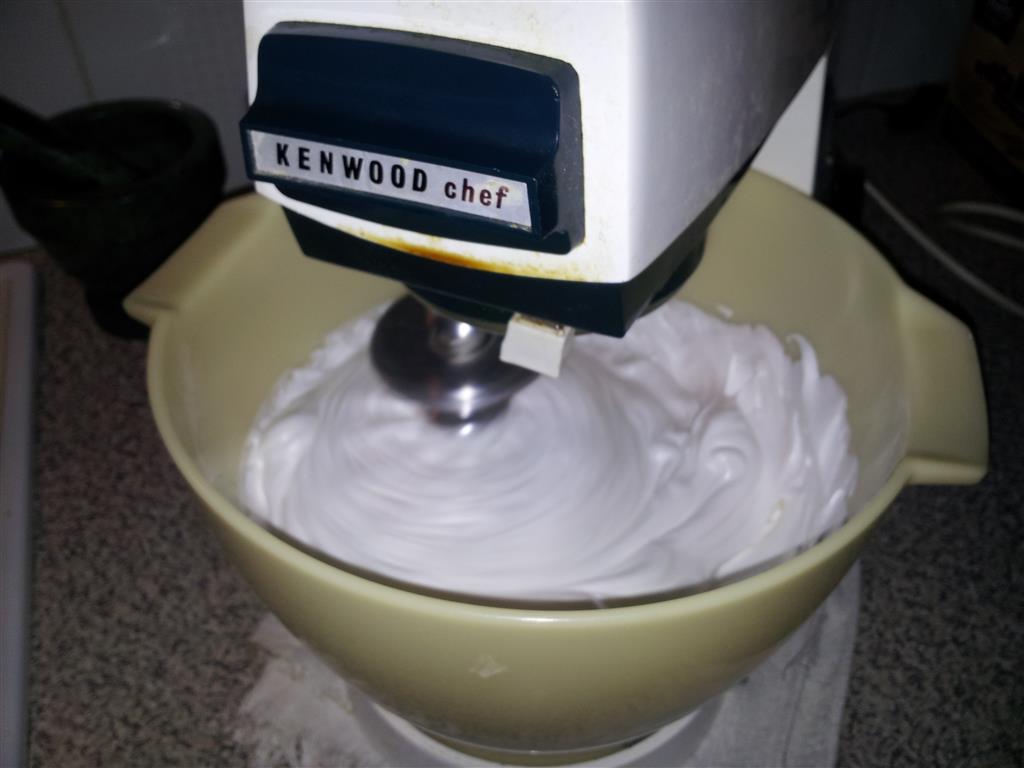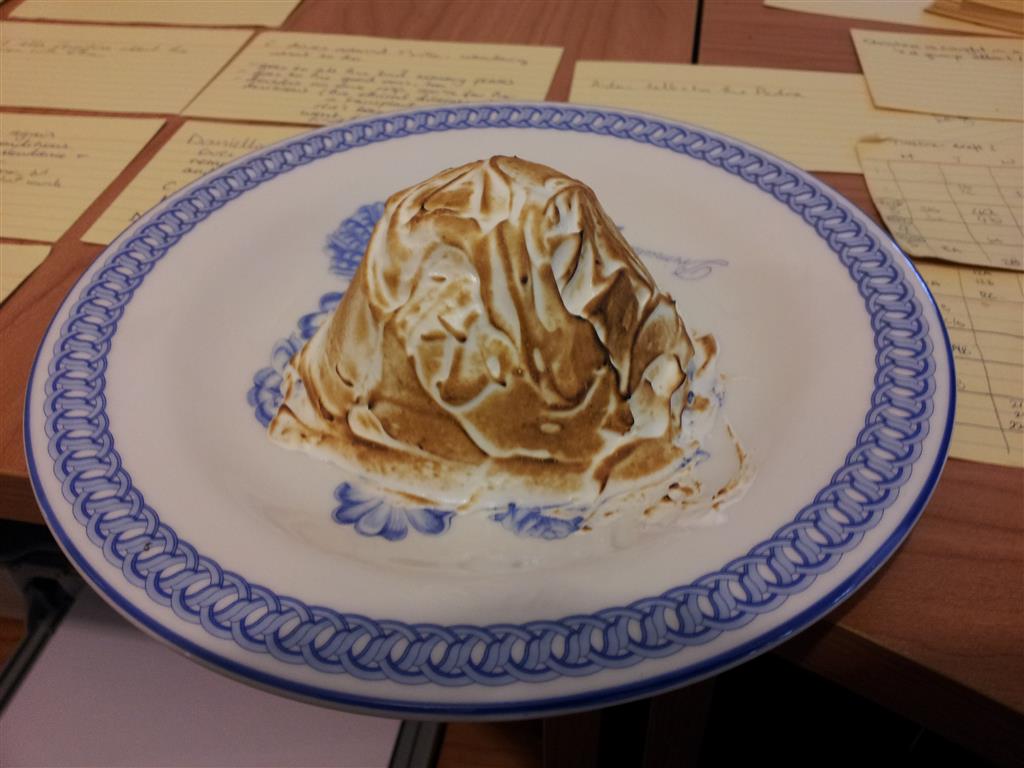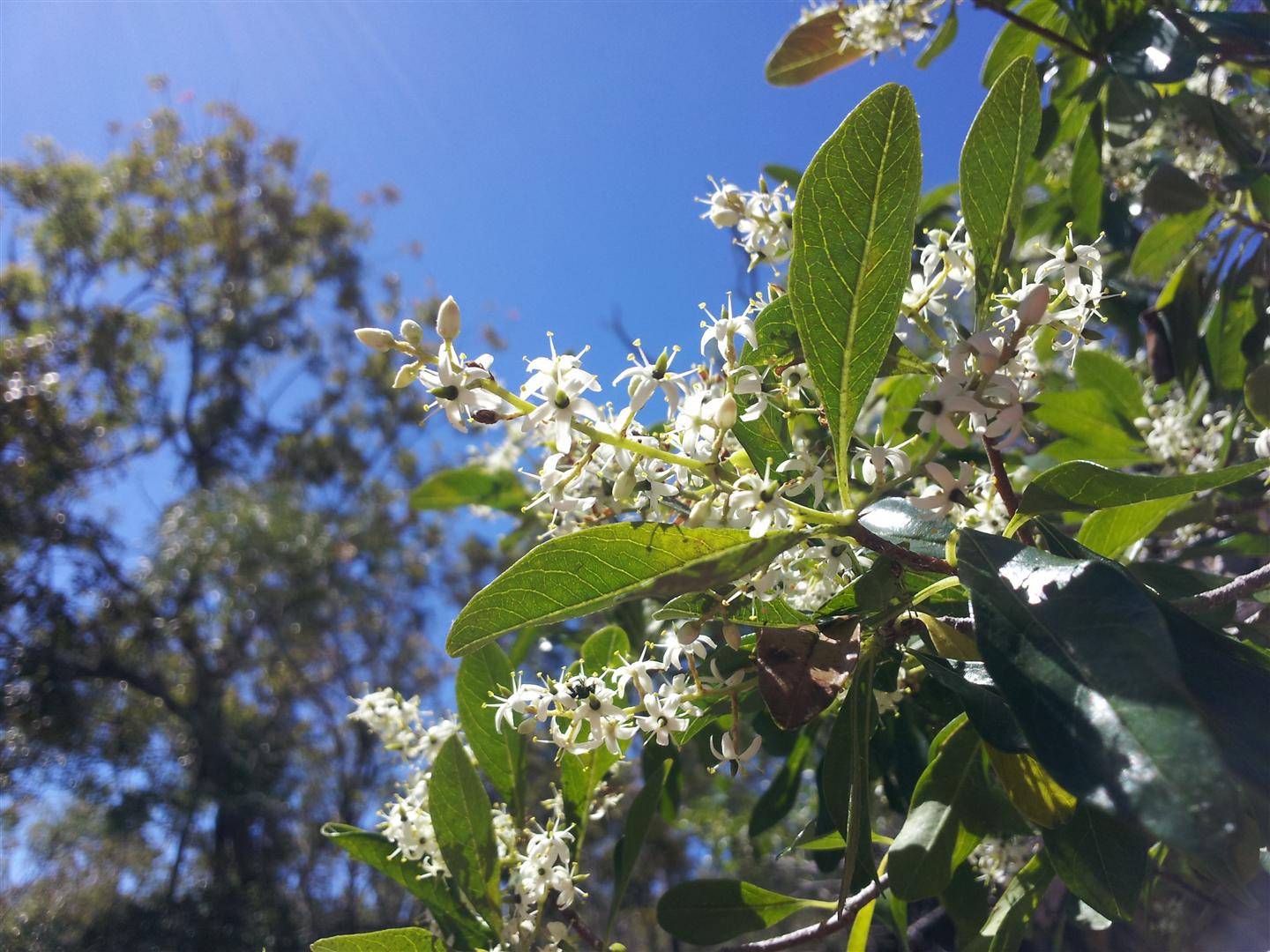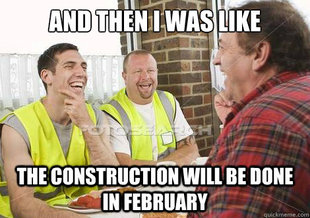A few months ago, our local video store closed (and yes, I still call it a video store, even though it had been DVDs for a good few years). One of the consequences of the close is that I was finally forced into digital world for movies (not the best experience). But that led to finding movies that had long ago expired on the video store shelves. Two in particular I haven't seen since primary school 25 years ago, and my recollections were positive (if fuzzy). With some trepidation, I decided to re-watch and find out if they could stack up. So, I give you Midnight Madness (1980) and Sheena (1984).
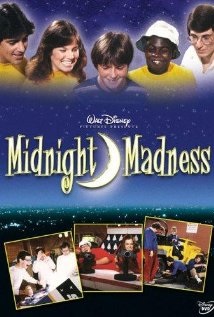 Midnight Madness (1980)
Midnight Madness (1980)
- RT rating - None!
- Example clips
- Tag line: "The most fun you'll ever have ... in the dark!"
- Quote of the viewing audience: "Wow, Disney made this?"
What I remembered before I watched:
A zany, scavenger-hunt game movie where a bunch of teams (college students) compete to solve a puzzle in the depths of the night. There was something about "melons" referring to a pair of breasts that were one of the clues. That's about it. But, I remember wanting to see it AGAIN. And also, run a scavenger hunt myself. It was AWESOME.
What I thought when I re-watched it:
I was kinda surprised to see it was a Disney production, given above-mentioned melons. The characters were also rampant stereotypes, especially the nerds who came off especially poorly. Key moment of this is when the hero, a freshman counsellor, stops a nerdy college kid in his care from going on a date with a girl just because she also looks nerdy. Oh, great. For all the whinging I hear about The Big Bang Theory from time to time, we've come a long way. However ... as a film, I still found it an entertaining watch. The movie was pretty well put together with enough conflict and story to carry it. I'd also forgotten Michael J Fox was in it as the hero's kid brother, and it was Fox's movie debut. Likelihood I'll watch it again? Maybe in 10 years. It was all right.
 Sheena (1984)
Sheena (1984)
- RT rating - 38%
- Trailer
- Tag line: "Part animal. Part legend. All woman." (really??)
- Quote of the viewing audience: "Worst zebra ever."
What I remembered before I watched:
An African adventure film where a girl RIDES HER ZEBRA against the forces of E-VIL. She swings on ropes and shoots arrows. The evil people kill a king and somehow are after Sheena (who grew up with a tribe after her parents die in a cave-in). A man is there also, and he gets burned at the end, after a dramatic end-sequence where Sheena RIDES HER ZEBRA after the bad man across the desert plain. Also, there are elephants, and some flamingos who crash a chopper. It was AWESOME.
What I thought when I re-watched it:
The first, most obvious thing was wait ... THAT'S NOT A ZEBRA! In the whole film, every "zebra" Sheena rides is a painted horse. I'm kinda impressed with the level of effort they went to, and that the paint didn't seem to rub off on Sheena. I guess horses are easier to train.
I'm actually kinda surprised I was allowed to watch this as a child, because it's basically B-grade soft porn, a bit like Starship Troopers 2. I never noticed how Sheena is always breathing in a suggestive fashion, or that the movie wastes few opportunities to get her kit off. The dialogue is bad ... so bad it's really GOOD. This is one of those films that is awesomely awful. Overacted, melodromatic, spaggetti-western sound effects, and it totally works. There's actually a number of funny one-liners, a solid plot (which is actually pretty serious and nasty), Vangelis-esque music, and a nasty German dude who attempts the Nuremberg defence before being speared through the throat. All the bad guys get their just desserts. Likelihood I'll watch it again? Maybe in 2 years. It was still AWESOME.



